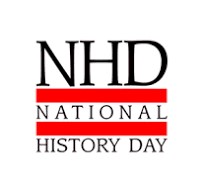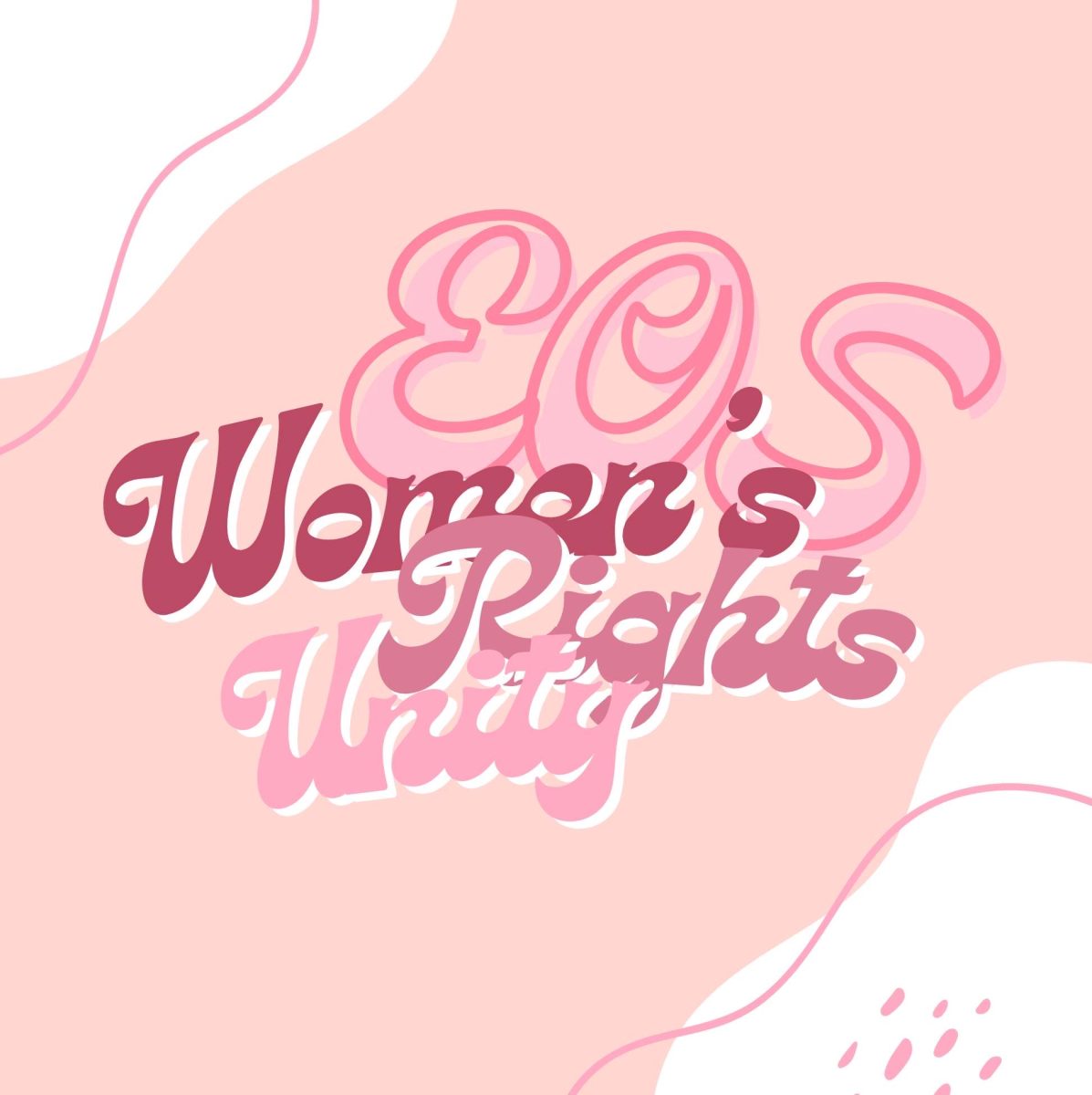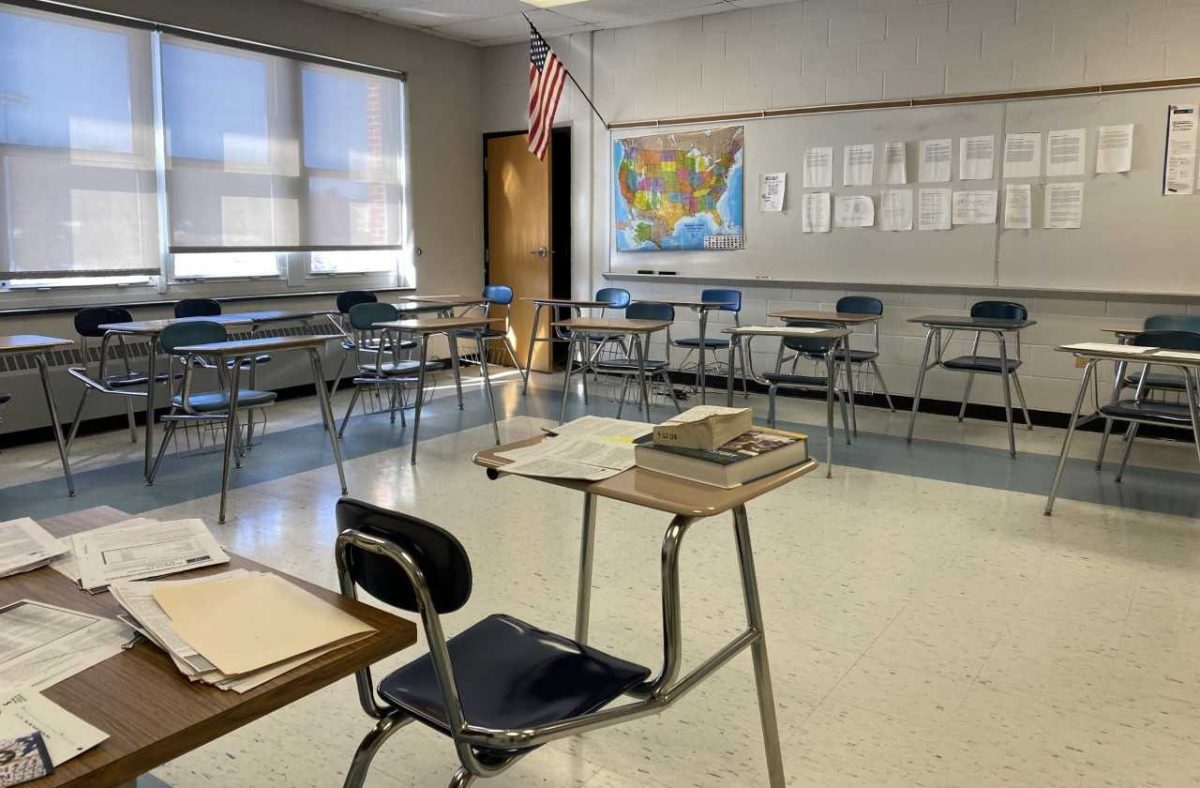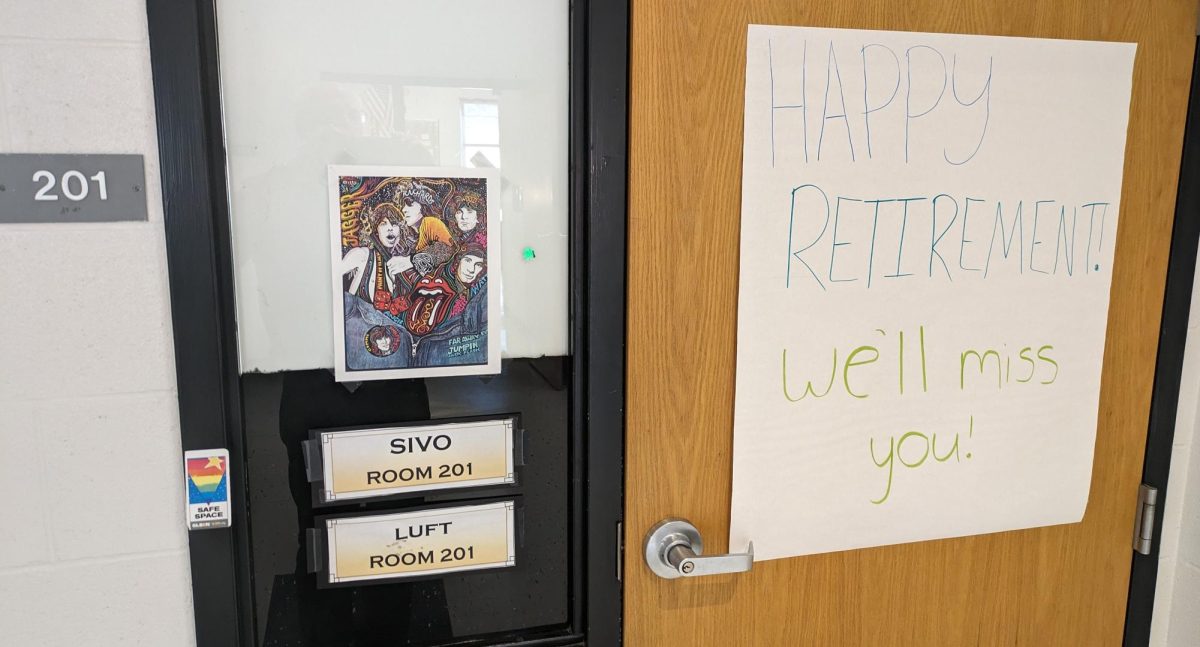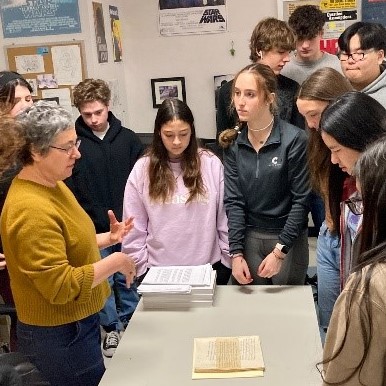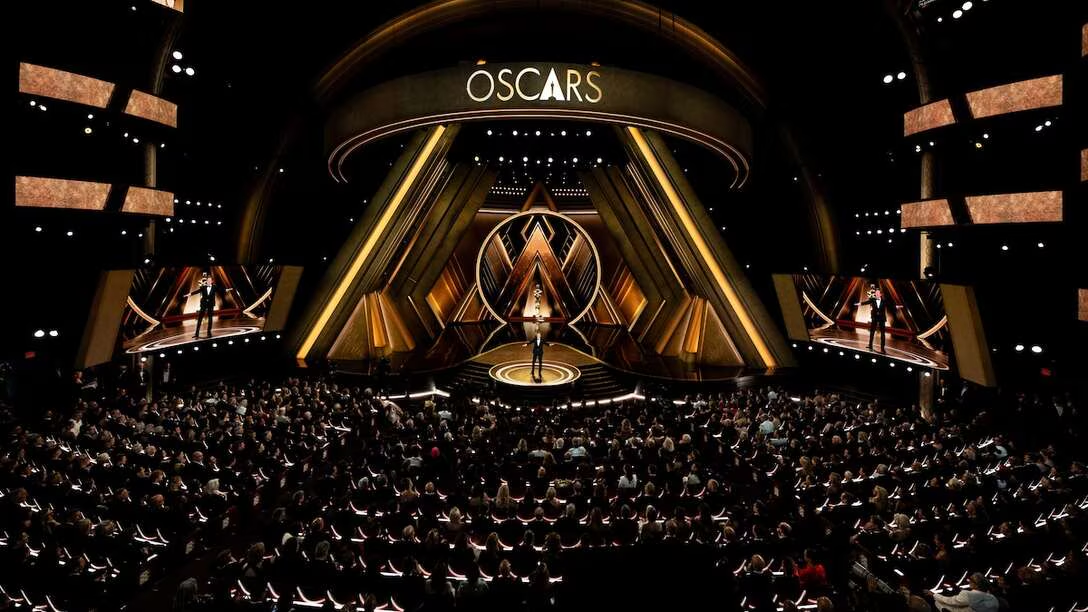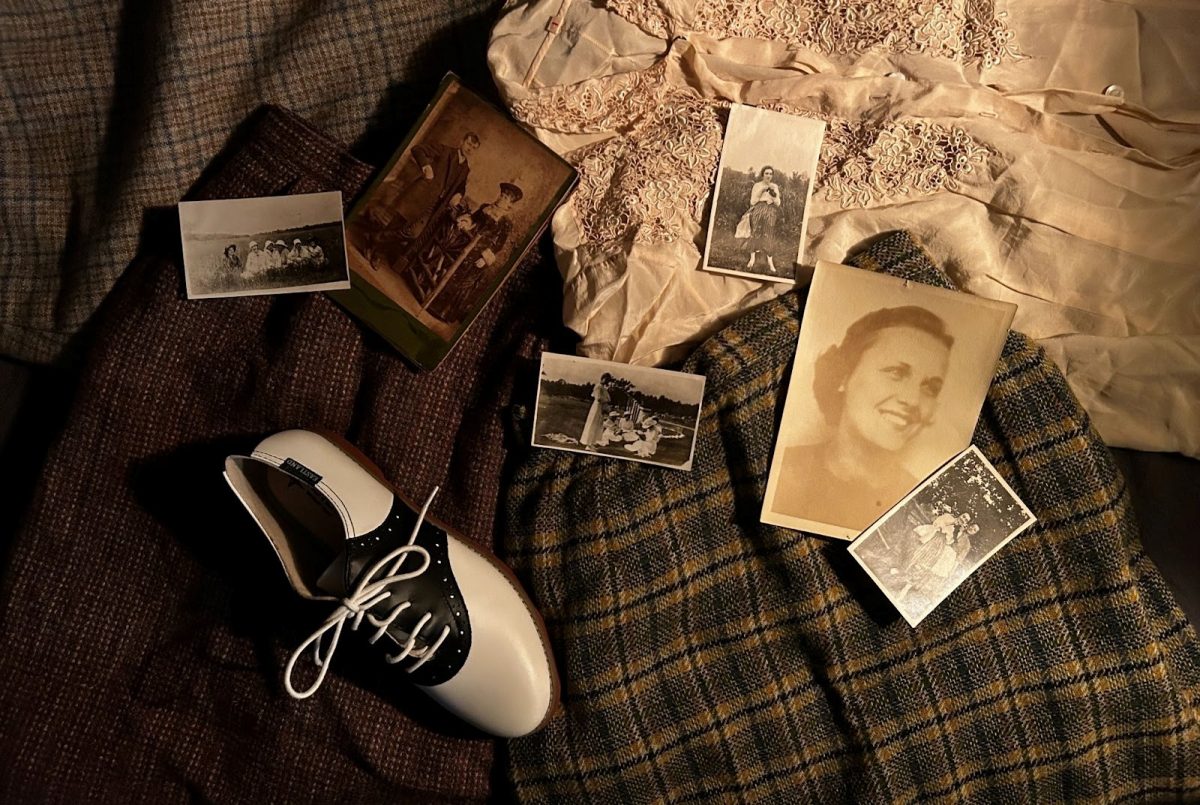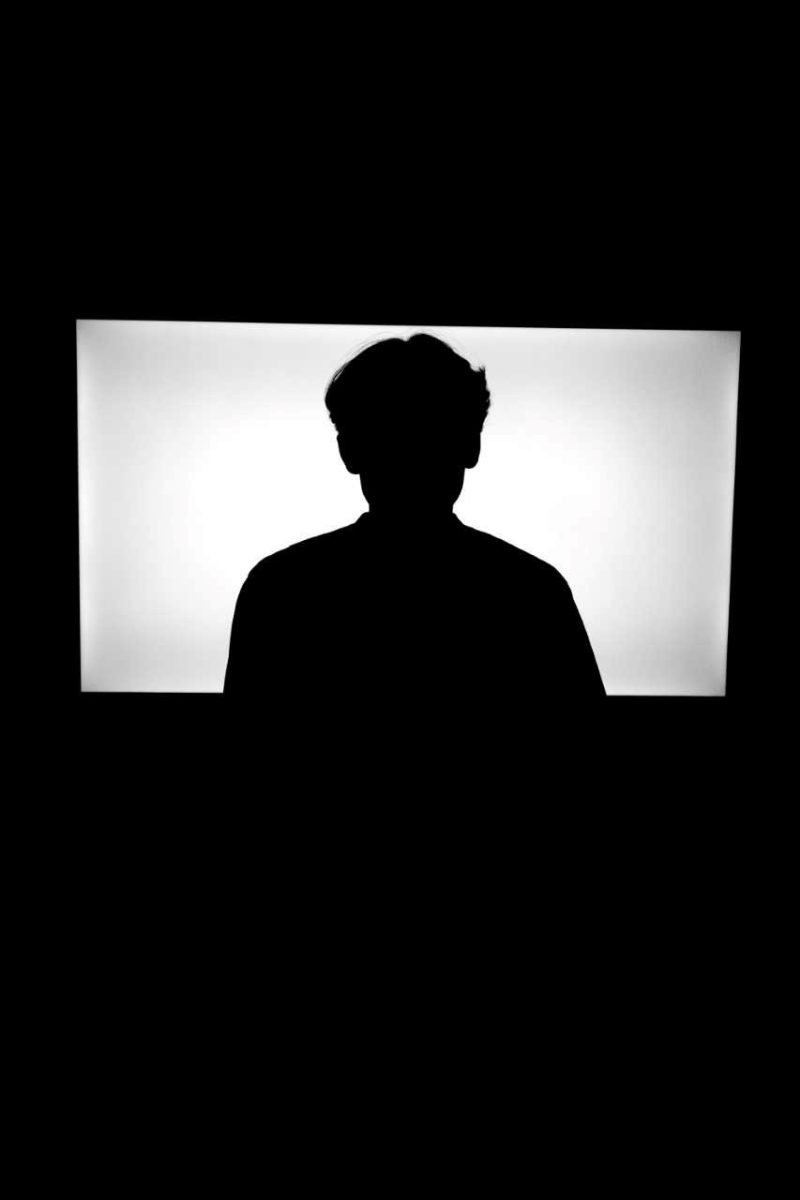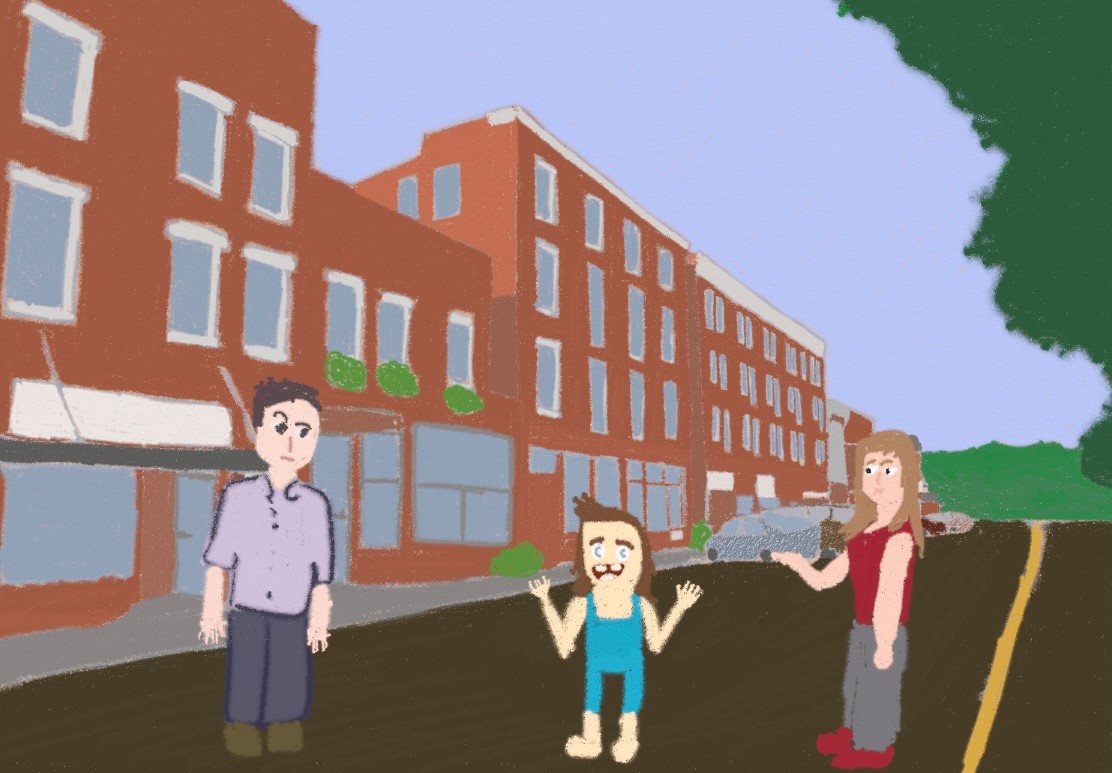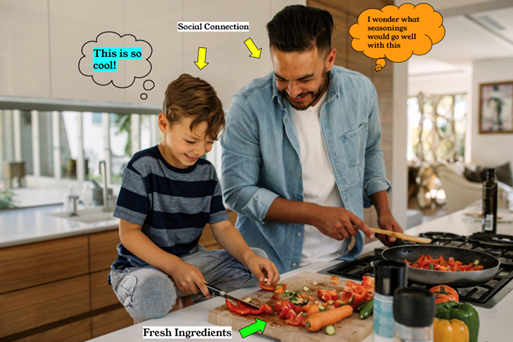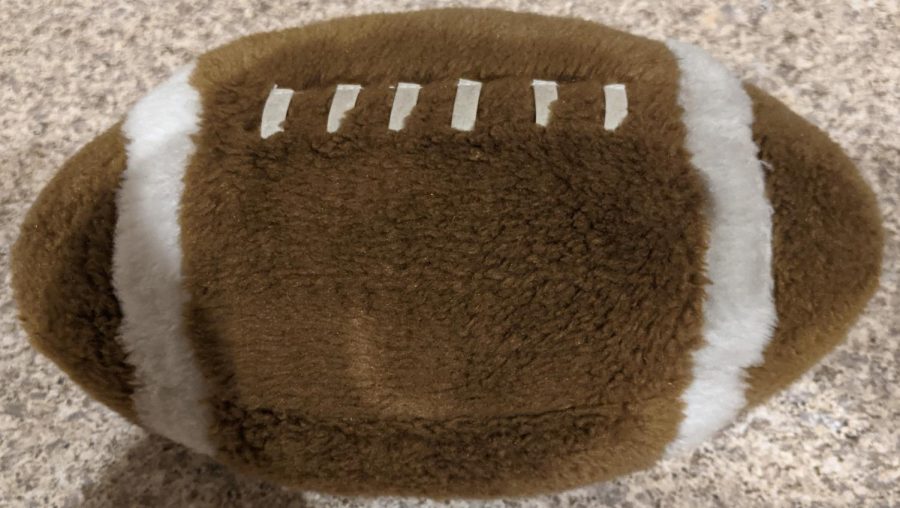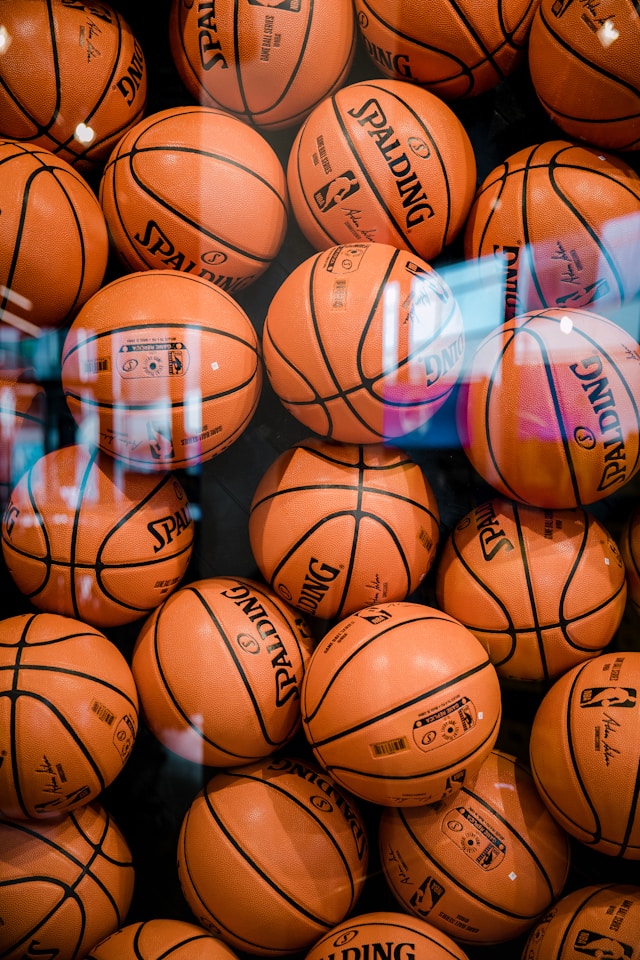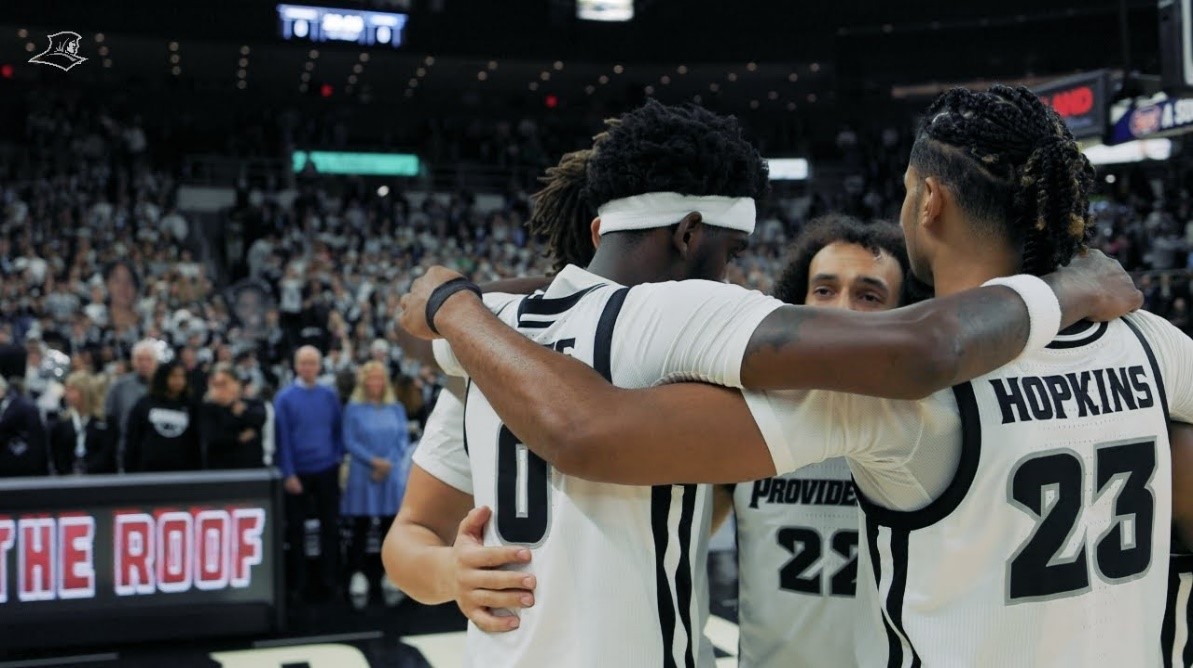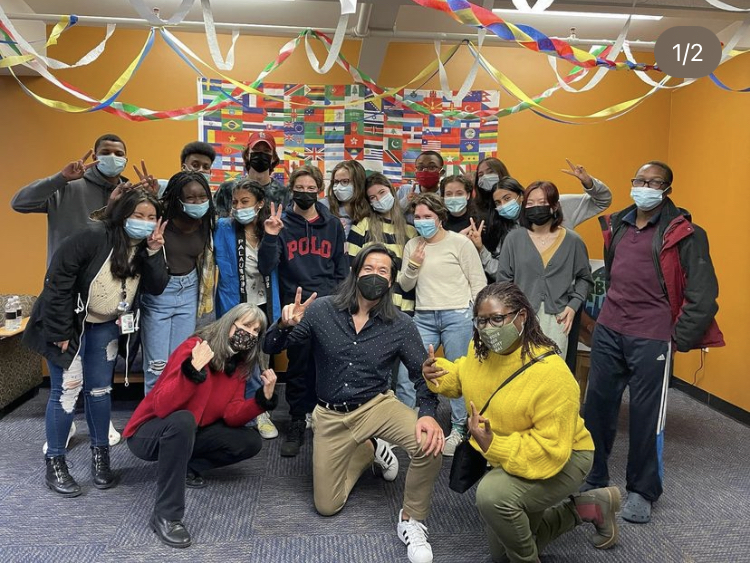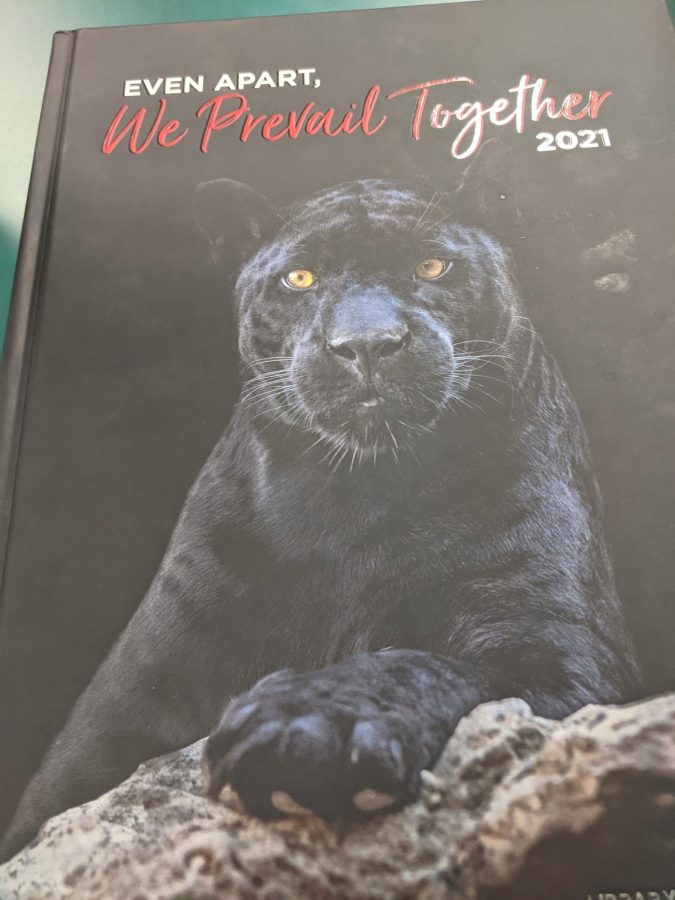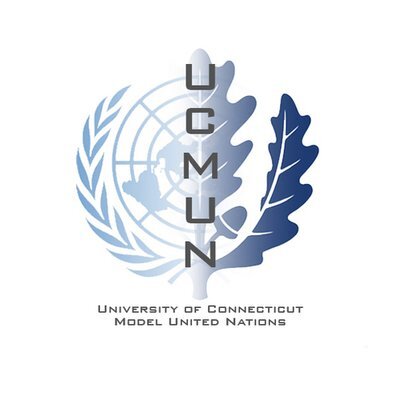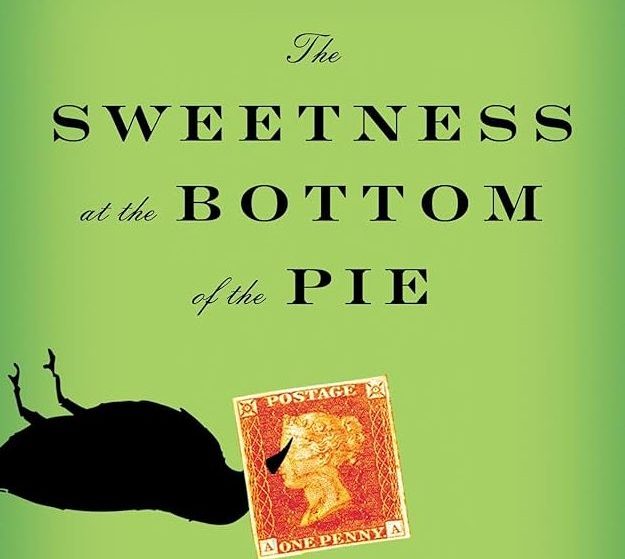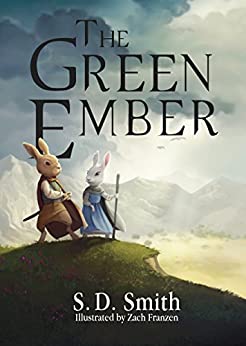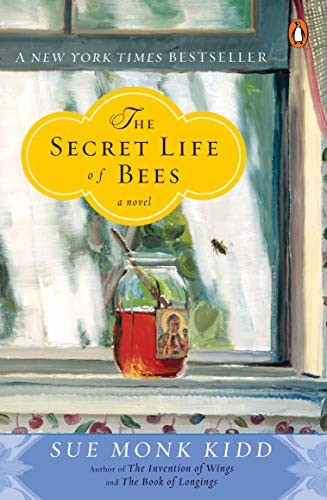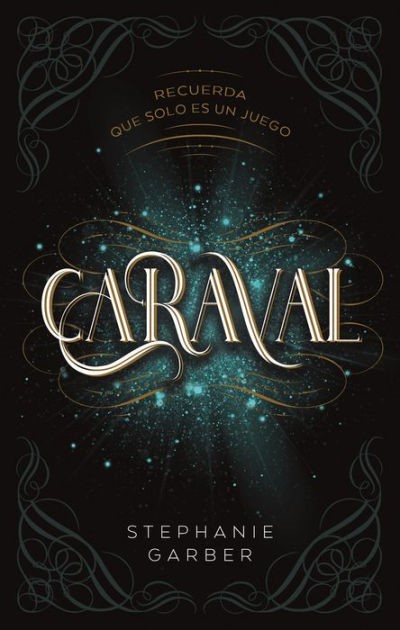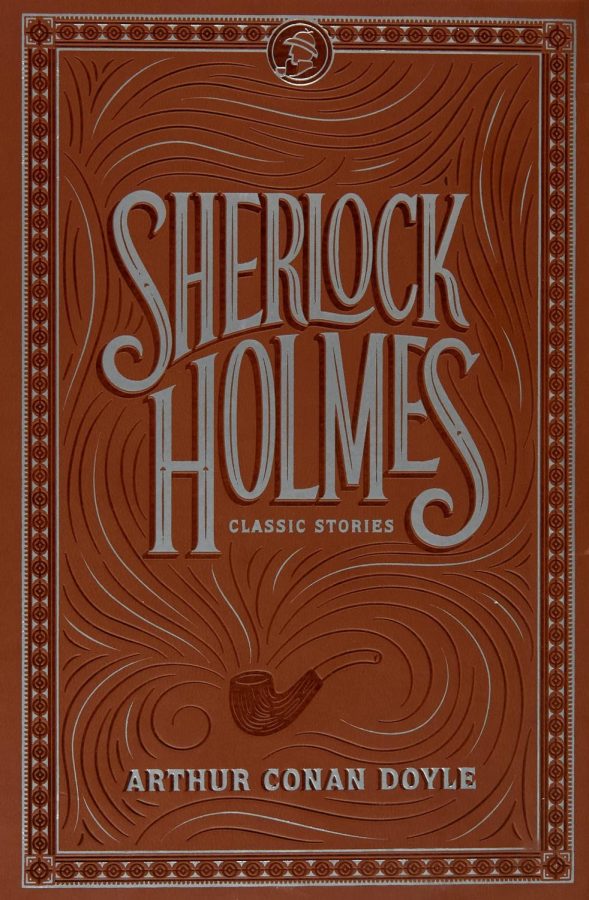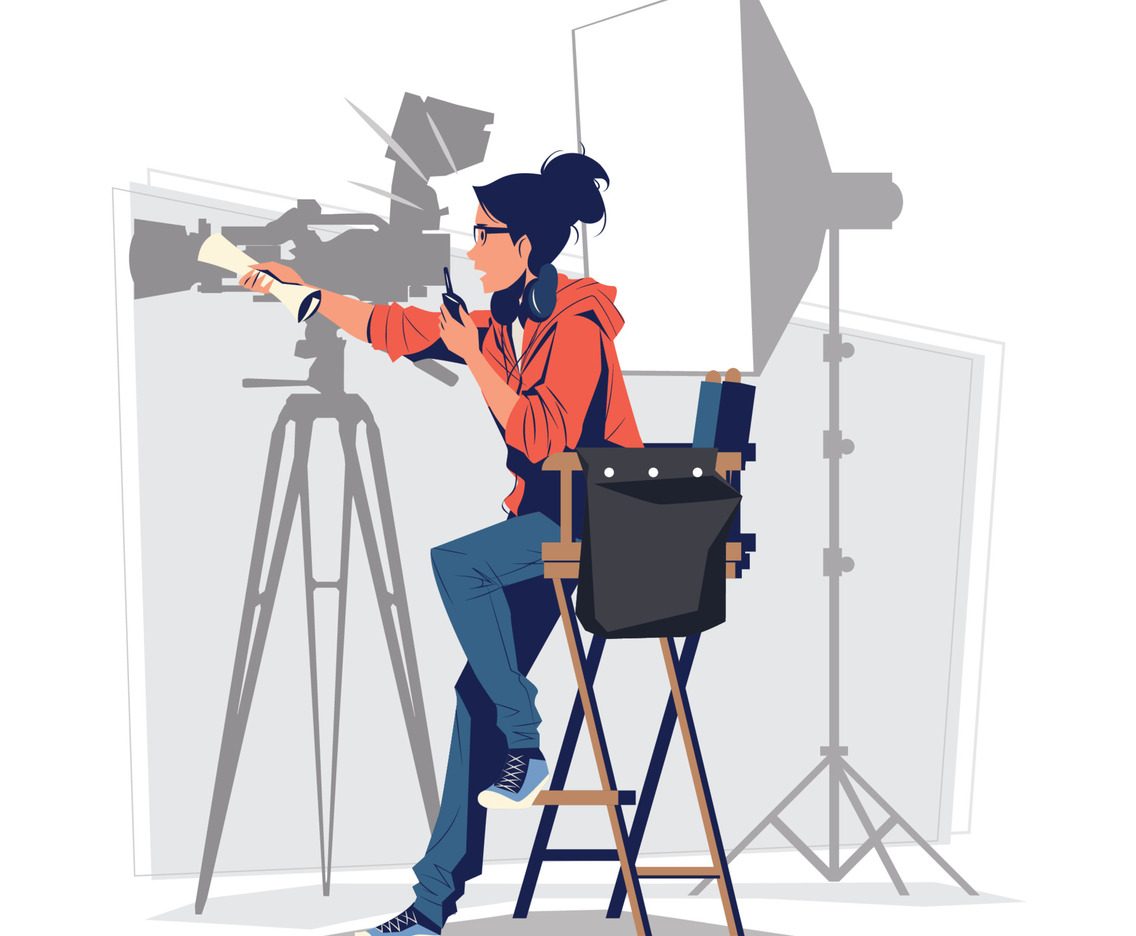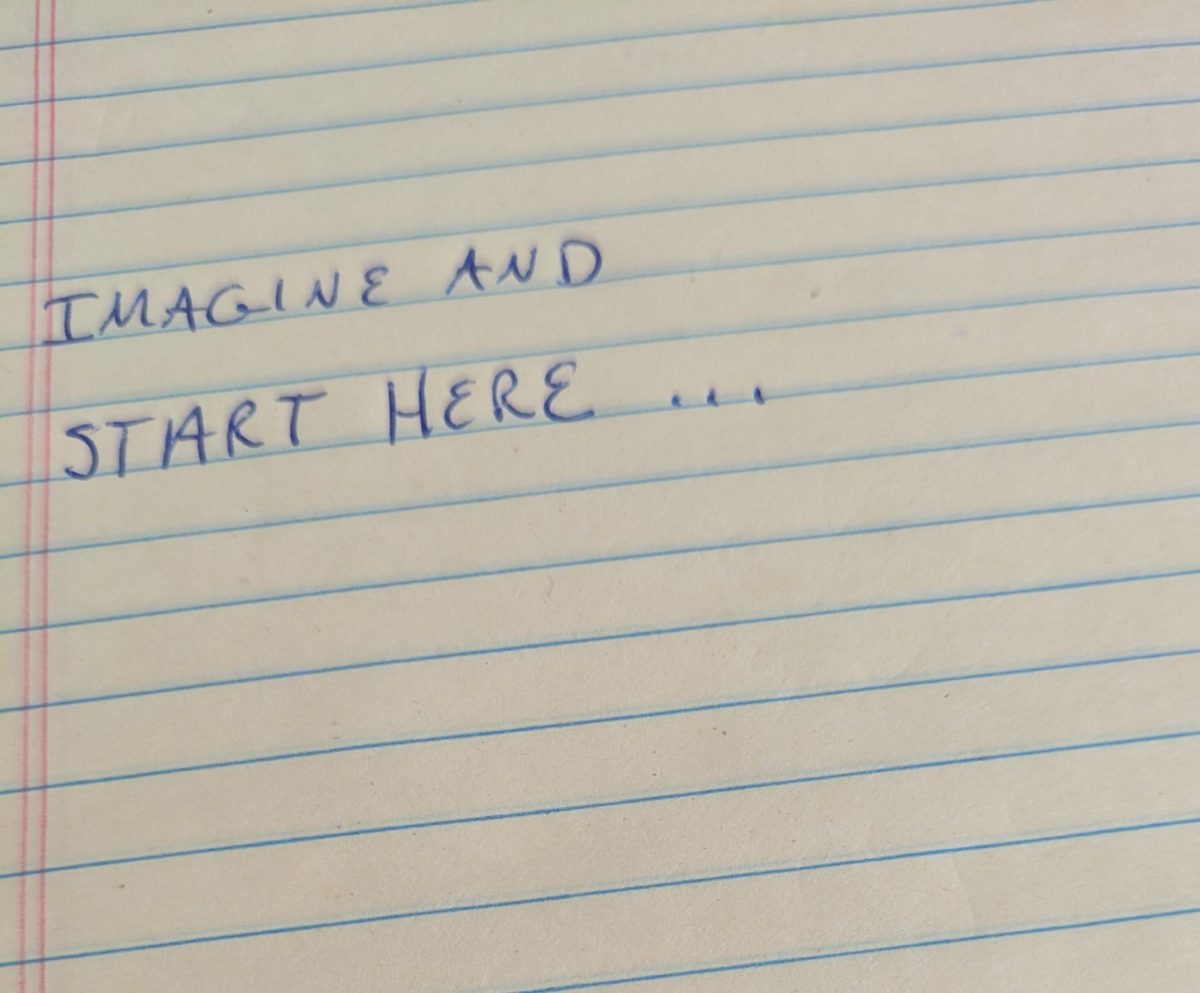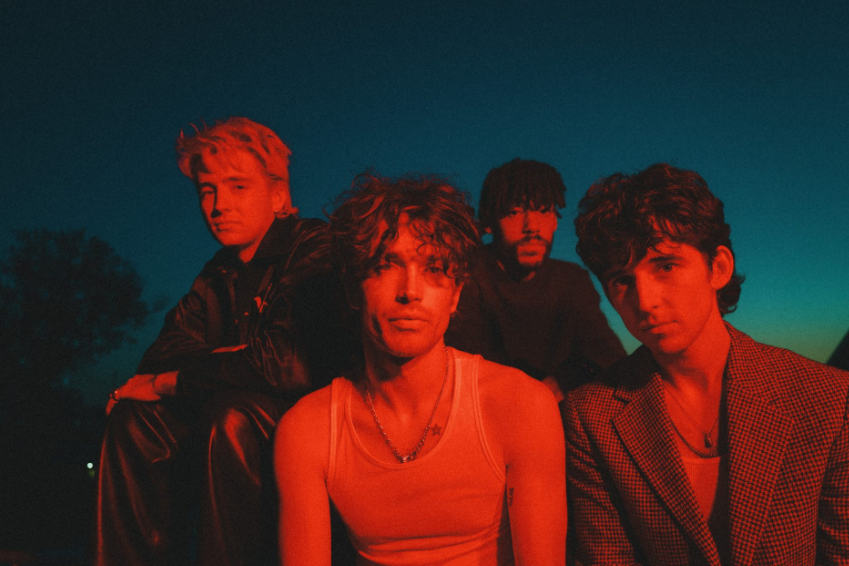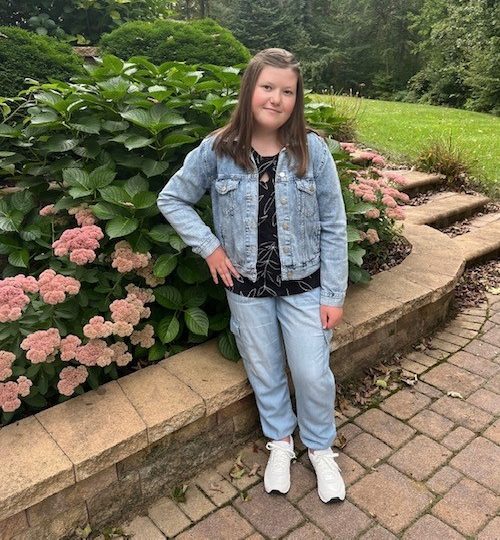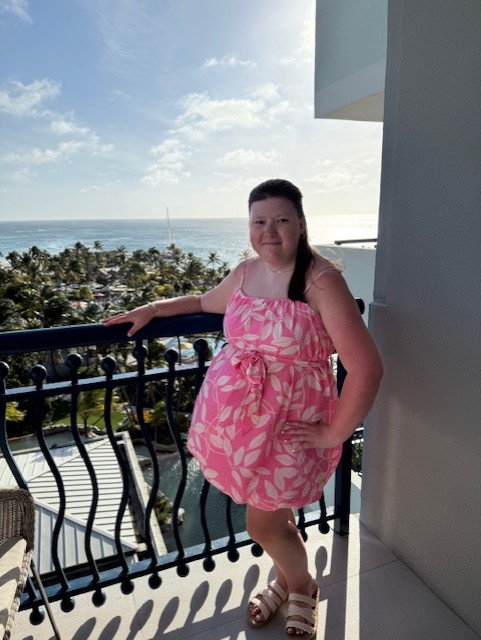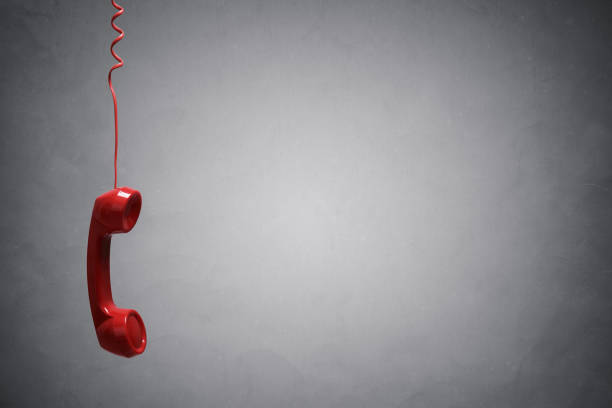Creating Antlersong: Q & A With Emma Jayne Smith
An Interview With the Writer and Director of the Original Musical
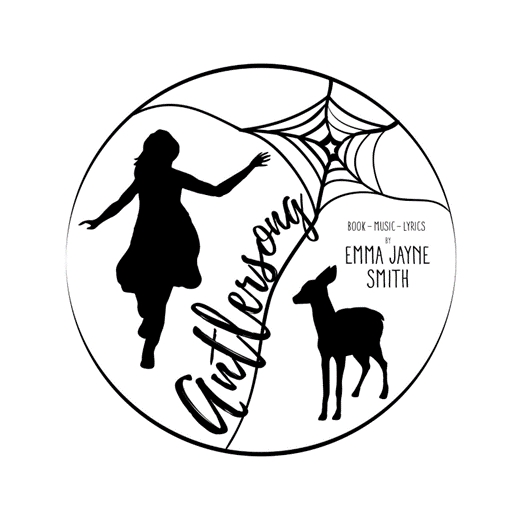
June 28, 2022
On May 21st and 22nd, Antlersong was performed in front of a live audience. This was E.O. Smith’s first original musical, written and directed by senior Emma Jayne Smith. I interviewed Emma to learn more about her writing process and what was involved in taking on the project, from script to stage.
SC: My first question for you is how did you get the idea for Antlersong?
EJS: I think that it mostly came from just living in a place with a lot of access to the woods and being out in the woods all the time, and, sort of my earliest inspiration that I remember — because it kind of came from all different things that just came together. (I) was looking at spiderwebs out in the woods around my house; there was a year where there were just so many of them, and they’re really, really beautiful if you … close at them. I was just thinking about how intricate they were, and it made me want to tell a folk tale or a fairy tale about the woods and about spiders, and incorporating that into some sort of fantasy story. With that idea for a world in mind, I started writing some music, and then as time went on I incorporated other ideas that I that related to my love of being out in the woods.
And on that note, how did you learn to write the songs for the musical?
I think that a lot of it comes just from being involved in musical theater myself a lot growing up, so when I was younger I did a lot of community theater. I was always doing school plays and theater camps and everything, so I had a lot of exposure to theater music, and I’ve always loved it. I think that I’ve always had the ability to get the ideas for songs and create melodies and concepts, but the whole process of actually learning how to accompany myself on piano and write down the songs into sheet music so that other people could use them was definitely a long process. (That) took a lot of support from teachers and a lot of research and practice and failure, but eventually it (reached) a point where I was able to get the songs to a place where I could communicate them to other people.
Getting into the mechanics of working on a musical—what part of the writing process was drafting versus revision?
That’s a really good question, because people always ask me, “how long did it take you to write this?” and I’m like, “well, that’s a more complicated question than you think it is.” The original draft probably took me about two months. I started working on a draft at the very beginning of my sophomore year, and I remember I was done with it around the end of fall, but then, since that first draft, it was all just insane amounts of revision. Before the show, just for matters of nostalgia, I went back and looked at some of the older drafts — and it changed so incredibly much to the point where a lot of the (original) characters don’t exist, and there are very few of the original songs that still exist, and the whole point of the show is very different. I think that I’ve done a lot of full rewrites of big chunks of the script, but it was all based on the smaller revisions. I’ve done a lot of workshopping with friends, where I would have a bunch of friends and teachers Zoom with me (since this was all during Covid), and we’d read through the script, and I’d take notes and get feedback and then do revisions. Occasionally, I would just get a whole new idea and take things out and stick new things in so that over time it transformed completely. Even now, over the past few weeks I haven’t started doing revisions because I’ve just been tired and not wanting to go there yet, but now having seen the show on stage there are so many things I want to revise. I know what direction it needs to go in now, and I think that with a project as big as a musical, there is a way in which your revisions are never going to be fully done. There’s a time when the writer may choose to stop, but I think there’s always going to be things that I want to tweak and change, and it’s never going to reach a final product.
So are you planning to move the musical forward from where it is now?
Yeah, definitely — in terms of revisions, because there are some clear and relatively small things that I think I need to do. I’m not sure in terms of production, because I do hope that there are more performances in the future, but I’m still kind of recovering from this whole journey, this whole process that led up to this production, and evaluating whether I want to be spending my time working to get this to move forward and to other performance opportunities or whether I want to spend time working on new projects or write something else and maybe taking a break. Right now, I’m going to do the revisions and have a product ready to go in case an opportunity presents itself — I’m sure that there will be a lot of opportunities in college, but I’m also trying to think of this more as one step in my development as a writer and making sure that I’m spending time doing things that are going to be the best for my development as a writer going forward. … Right now (that) may be working on something else.
Did you come across any particular challenges in the writing process?
Yes, without knowing exactly what I’m going to answer (laughs). But yes. I think that really the hardest thing was not the actual writing, because when I had inspiration … I actually wanted to write, but the hardest thing was all of the prep work that I had to do so that I could get the show to a place where it could be performed by other people. That was mainly writing it all down in sheet music, making demo recordings for everyone to learn from, and just all of that sort of thing, which took a really long time. I spent most of last summer in my basement, transcribing all of the music, because I wrote most of it before I knew how to write it down. And then, there were constant technical challenges, where I kept coming across little barriers that I thought we’re going to completely throw everything off the rails which was sort of hard emotionally. … What’s coming to mind is that when I was making all the demo recordings – which were necessary for all of the people learning the music because, you know, there weren’t any recordings out there for people to learn from – I wasn’t playing the piano live for the recordings because I would keep messing up. It would take hours and hours and hours to get a usable take, and I was downloading the piano soundtrack from the virtual sheet music, but when I did that, it never downloaded the tempo changes; there were a lot of songs with really significant tempo changes, so I couldn’t get accurate demo recordings, and I had a limited amount of time to get them done before we went into rehearsals. I had no idea what to do, and I was doing tons of research and talking to people about how to solve the problem. For a few weeks it seemed like it was an unsolvable hurdle, and then we figured it out and it was fine. But I think there were a lot of things like that, where there were some small technical things or logistical things that blocked the fun and inspiration and creativity and excitement.
For sure. What was your favorite part about writing an original musical?
It was when I got to collaborate with other people. The whole part of the creativity and the inspiration of the writing and (of) creating a world was really fun, and I really enjoyed that, but the most valuable part of this was when I got to work — mainly with the cast and crew on this production, but also with mentors and teachers and peers who gave me feedback and helped me develop the show. It was just incredible to see how a world that was so powerful to me became real to others and how it became sort of part of the mental landscapes of other people, and just being able to work with so many talented people in the Drama Program – which, side note, people are so talented! They were just amazing actors and one of the tech people, Meghan Bennett, did orchestrations for the score, which I hadn’t asked her to do and I wasn’t going to do. She sent me recordings of the music with full orchestrations, just that she had done on her own time, and it was amazing. So just seeing what my work and passion could become when it was put in contact with other people’s work and passion was absolutely transformative.
Did you have any previous experience in this area of writing?
I actually wrote another musical prior to this one, which was performed in part at a middle school in South Windsor in March of this year. That was called “Oh, Fair Maiden” and was more of a young adult/children’s musical that was about deconstructing traditional Eurocentric medieval fairy tales. Yeah, I did write the first draft of that previous to Antlersong, but because I had a performance in the general same time frame as Antlersong I was working on it alongside Antlersong over the past year, and that was really cool because I had (picked up) a little bit of experience with the whole concept of what it was like to work with this creative form before I tackled Antlersong, which was a bigger and more in depth project but also … so different, I was able to learn a lot about stylistic writing and how to write specifically to create a certain kind of world, I think that having them going at the same time helped me to learn about the range of what one can do in this form.
And, this could apply to Oh, Fair Maiden or to any other writing you’ve done—how is this project different from others you’ve taken on?
I think that writing a musical is just … I’m struggling to find a word other than “big. It’s a big project; it’s a very complex project I guess, because everything is related to everything else in this intricate way. More than other forms of writing I’ve done, it’s so related to how other people are going to interpret it. As you’re writing, you’re constantly thinking about “is the actor going to be able to do this? Is the singer going to be able to do this? What venue could this be performed in, and what is the age group that could see this, and how is the audience going to react to this character, and how do their beliefs about these things … shape their perception of the story?” I’ve written stories and one-act plays, and things like that that definitely feel more personal and more self-contained. I think writing this, what was so joyous but what was also so stressful about it was that it was very weirdly social. I knew that I was only one piece of the puzzle. I’ve written stories in the past that I’ve finished, and I’ve gone to people in my life and been like, “here is this story that I wrote and it’s mine,” and with this it was more like, “here is the bones of a thing that I want to create with all of you.” (That was) incredibly cool but also very intense. Now that I’m done with this, I feel as though I really, really want to do this more, I want to work with people more in this way because it’s so powerful, but also (you) need a break from it, like, “maybe I should write a story next” – something that’s a little lower intensity.
And finally, do you have any advice for writers who are working on projects in the same area?
Oh my goodness, I think that just … listening to what brings you joy about the process, remembering to listen first and foremost to your heart, not in the way that you should be listening to your own heart over other people as much as that you need to be careful of getting caught up in all of the other things that are involved in this field. I think that what I’ve struggled with is feeling like I have to have approval from a wide audience, or I have to know a lot, (or) I have to be considered prestigious. … Things other than my love of the craft took precedence at some points, and I realize now that it’s always going to be an ongoing process. … The most rewarding thing about this as I’ve said is working with other people rather than what I’d sort of anticipated and hoped to be the most rewarding thing. I had expected that I was going to get a lot of audience praise and a lot of positive feedback from the wider community, which hasn’t happened as much, but what did happen is that I created a very strong community. I made amazing friends, and I connected with incredible people, so remembering what is actually important about doing this (is crucial). … I don’t know how to say this in a way that’s original, but perseverance is key because there are so many obstacles to bringing a project that is this big to culmination. But also not just doing it for the sake of getting somewhere, doing it as long as it brings you joy and remembering that it is all about you and your own drive as a writer. It’s not about how the world perceives you.
That is all I have, thank you very much!
PROGRAM INFORMATION
Antlersong
a new musical
Book, music, and lyrics by Emma Jayne Smith
Antlersong: (n) the desperate need to separate oneself from their group when one feels, for any reason, that they are different.
The creatures of the Forest have been at war for centuries, locked in battles over land, religion, and resources. But the Humans have long stayed safe from the conflict in their walled city, coming out only to hunt. When the Human girl Roe stops her sister from killing a young deer and runs away from everything she’s ever known, she becomes a pivotal part of the struggle between the Spiders and Deer of the wood. She soon discovers that the deer she saved is at the center of all of it, and that he is not a deer at all, but a Human cursed long ago. As she struggles to navigate friendship, faith, family ties, and a rising fanaticism that may just lead to the war to end it all, Roe must confront what she ran away from, and the danger of ignoring who she truly is.
Emma Jayne Smith
Emma Jayne Smith, a senior at E.O. Smith, is a composer, lyricist, playwright, and director! She’s spent the last few years pouring her heart and soul into the creation and execution of two original musicals, Oh, Fair Maiden and Antlersong. This year she has had the incredible opportunity to produce both shows at local schools. Through this process, she’s learned about her interest in working with children, and she hopes to continue directing and teaching theater and music. This summer, she will be music directing The Addams Family at Newington Children’s Theater, and in the fall, she will be attending Sarah Lawrence College and making use of their open curriculum to study music composition, playwriting, directing, and child development.
